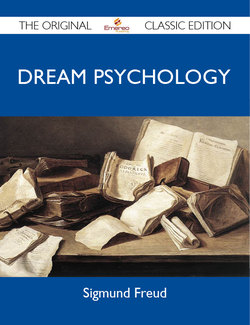Описание книги
Whether we love or hate Sigmund Freud, we all have to admit that he revolutionized the way we think about ourselves. Much of this revolution can be traced to The Interpretation of Dreams, the turn-of-the-century tour de force that outlined his theory of unconscious forces in the context of dream analysis. Introducing the id, the superego, and their problem child, the ego, Freud advanced scientific understanding of the mind immeasurably by exposing motivations normally invisible to our consciousness. While theres no question that his own biases and neuroses influenced his observations, the details are less important than the paradigm shift as a whole. After Freud, our interior lives became richer and vastly more mysterious. <p> These mysteries clearly bothered him–he went to great (often absurd) lengths to explain dream imagery in terms of childhood sexual trauma, a component of his theory jettisoned mid-century, though now popular among recovered-memory therapists. His dispassionate analyses of his own dreams are excellent studies for cognitive scientists wishing to learn how to sacrifice their vanities for the cause of learning. Freud said of the work contained in The Interpretation of Dreams, Insight such as this falls to ones lot but once in a lifetime. One would have to feel quite fortunate to shake the world even once <p> Make up your own mind about Freud, but in the meantime, this is one of his great works that anyone can read without having technical knowledge about psychology. Freud included much about his own dreams, and the reader will suspect that he didnt tell all about his own introspection–nor would most of us! But this work, along with The Psychopathology of Everyday Life and Wit and Its Relation to the Unconscious are for all readers. It is worth your while to peruse one of the most influential books in human history. As for the violence of the controversy that Freud inspires–well, that vehemence must mean something: a hundred years later, we are still at it. Decide for yourself.
